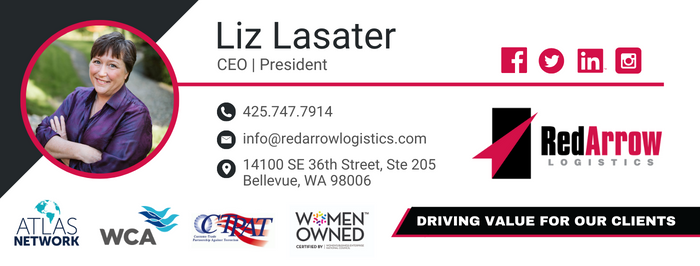Supply chains in every industry are becoming more global and more complex, but that comes with additional risks. As global sourcing and trade expand, supply chain professionals must understand and abide by the regulations of each country they do business with. Trade and customs compliance is essential to mitigating the risks involved with doing business globally.
When you move to global sourcing, which has become almost necessary with shortages of raw materials across all industries, the amount of risk increases because you are sourcing from multiple partners in different environments. With all of the factors that go into global trade, risk management is one of the main concerns of sourcing and procurement professionals.
What is Trade Compliance?
Trade compliance is the process of reviewing the standards, documentation, taxes, and duties that a customs authority needs to ensure all obligations are met to prevent fines and penalties. Customs compliance allows businesses to save money through duty drawbacks and free trade agreements.
Trade agreements help to open trade, but they also increase the need for documentation and regulations. For example, the new rules for cars and car parts in the United States-Canada-Mexico Agreement (USMCA) puts requirements on businesses that import these products to prove they are eligible for duty deferral. If involved in a free trade agreement, businesses need to be informed of any changes to make sure that they are taking advantage of the agreement as well as protecting themselves from risk.
The complex nature of trade agreements also increases the risk for errors that can result in fines. A common mistake is the misclassification of imports, using the incorrect code. If the incorrect duty is then applied to the item, a business may need to pay retroactive payments or penalties. This could be significant for high-volume shippers. The incorrect use of a code can also cause a product to not be eligible under that free trade agreement.
Providing Correct Classification
This can be avoided by making sure that all information such as form, fit, and function of the product is correct. This can be backed up with specification sheets, diagrams, and detailed descriptions. Shippers that ship hundreds of products can mean hundreds of different classification codes.
A trade compliance strategy is important, particularly when entering new markets. Each market has its own regulatory rules, trade agreements, and customs. When developing a strategy, it is critical to understand how to optimize each market while minimizing the risk. Websites of customs agencies can be helpful in figuring out exactly what is required.
Preferential Origin
Changes to the rules of origin can lead to other mistakes. Preferential origin involves a specific trade agreement between countries. If the goods being exported have preferential origin, they may have reduced rates of duty. Incorrectly processed paperwork could result in mistakes in the duty paid for up to three years.
For example, goods that are manufactured in the U.S. and contain raw materials from China could be classified as originating in China when exporting to another country. This makes the process of paying duties more complex because components need to be traced. Supply chain professionals must be able to navigate the customs process to avoid paying unexpected duties and fees.
Non-preferential origin is required on each international shipment. It tells the origin of the product being shipped, which is specific to the rules of the import country. Again, errors regarding a product’s origin can result in fines or penalties.
Incoterms
Incoterms are recognized trade terms that define the responsibilities of the buyer and seller along the supply chain. They define the delivery, costs, risk, and responsibilities of each party. Incoterms should be established and applied to all of those involved in import and export shipping.
Trade Compliance is the Responsibility of All Businesses
Although there is no ‘cure’ for increasingly complex supply chains, supply chain professionals must be knowledgeable in the ways to comply with trade regulations, so they are protected from the risks of operating a global supply chain. Trade compliance should be a responsibility for all businesses, particularly those that import and export in large volumes. The larger the business, the more compliance expectations.
Your Trusted Partner
At Red Arrow Logistics, we provide expertise and white-glove customer service with fast-growing, complex, and high-value supply chains. As the next-generation model of logistics companies, we offer tailored transportation and logistics solutions — from single shipments to complex over-dimensional and international orders.
Red Arrow offers the scale and scope of services including air, ocean, and ground transportation to meet the budget and schedule requirements of the largest and smallest companies alike. If we can be of assistance, please email us at info@redarrowlogistics.com or give us a call at 425-747-7914.





